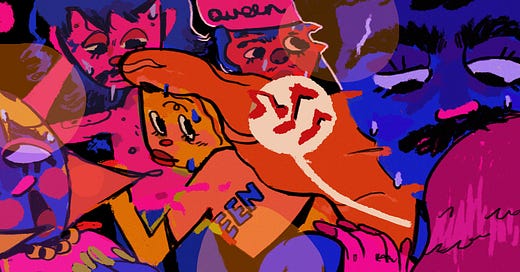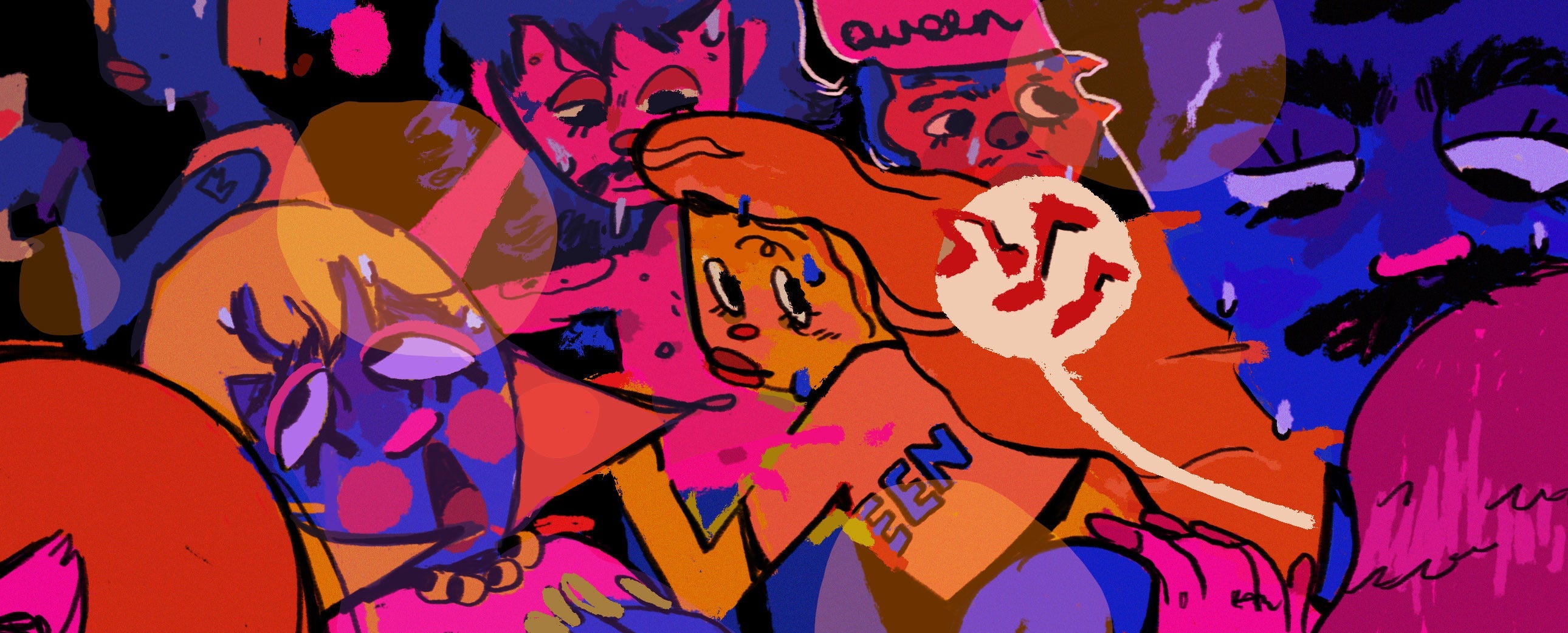That Time I Spontaneously Flew Across the World for a Dead Rock Star
I was nursing a devastating breakup when I suddenly found myself in Switzerland, trying to talk my way into Freddie Mercury’s birthday party. It was the best decision I ever made.
I was dripping onto the carpet of the casino after running through the rain, adrenaline pushing me through. I’d been awake for over 24 hours, but I had never felt more alive.
It was September 2016; I was 23, and alone in Montreux, Switzerland. Earlier that afternoon, I’d crossed the globe from my native Toronto for Freddie Mercury’s 70th birthday party. Incorrectly, I’d thought that donating to the Mercury Phoenix Trust when I got there would mean automatic admittance to the party, where people from over 30 countries would celebrate while listening to nothing but Queen and basking in our collective love of the front man who gave the world the six-minute masterpiece that is “Bohemian Rhapsody.”
Keep reading with a 7-day free trial
Subscribe to Narratively to keep reading this post and get 7 days of free access to the full post archives.




